Context
Independent laboratory test report on Coriolis+ and Coriolis compact performance
Microorganisms present in the air, such as fungi, bacteria, and viruses, can have profound consequences for living beings at an individual level but also at a societal level from a health perspective in hospitals, the pharmaceutical industry, and even the museum field.
Hospitals are particularly vulnerable to airborne bacterial contamination, which can lead to serious infections in patients and medical staff. Pathogens such as Staphylococcus aureus can spread through air circulation systems, increasing the risk of hospital-acquired infections. Routine air sampling helps identify contamination sources and implement preventive measures, improving infection control protocols.
In pharmaceutical production, bacterial contamination can compromise sterile environments, affecting the quality and safety of medical products. Strict air monitoring is necessary in cleanrooms, where even minor bacterial presence can lead to drug contamination or failed laboratory experiments. Ensuring controlled air quality is essential for maintaining regulatory compliance and product integrity.
Museums, libraries, and archives house fragile historical artifacts, manuscripts, and artworks that can be damaged by bacterial growth. Some bacterial species contribute to paper degradation, discoloration, and material weakening over time. Airborne bacteria monitoring in these institutions helps prevent deterioration and ensures the long-term preservation of cultural heritage.
To address these challenges, Bertin Technologies has been developing a range of instruments and consumables dedicated to air sample collection since 2009 under the Coriolis range. In this application note, the independent laboratory VirexpR has studied the performance of the Coriolis+ and Coriolis Compact in terms of their ability to collect bacteria.

